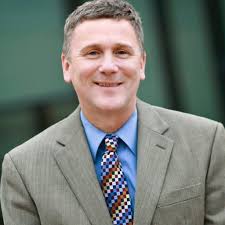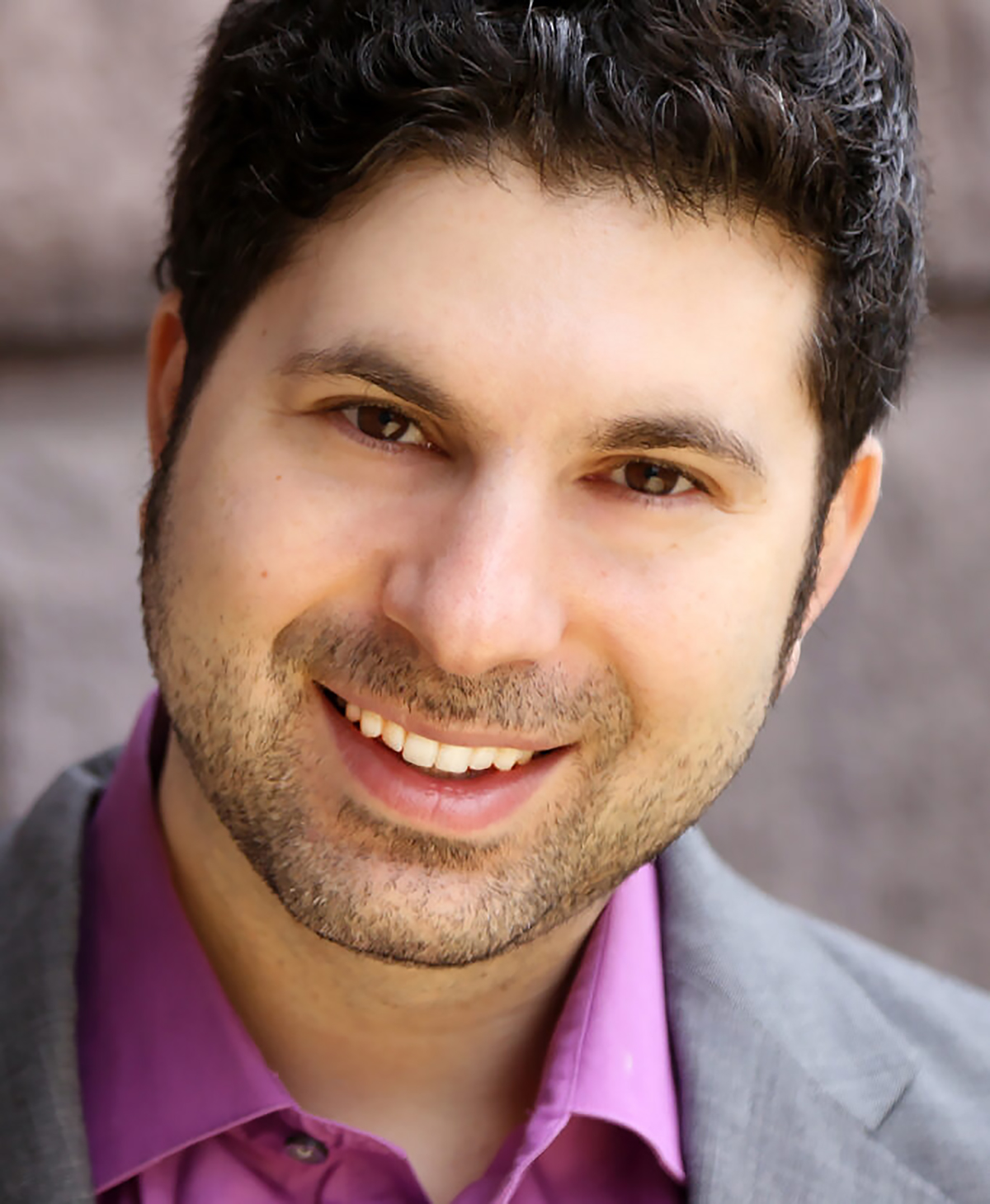October 14, 2022
Thriving Together:
About the Conference
The NWAIS Fall Educators Conference is the premier event for independent school educators in the Northwest. Come join your NWAIS colleagues for an interactive program filled with opportunities to connect with national thought leaders as well as other educators from across the association for a rich day of reflection and learning. Registration for the virtual conference will offer individuals and member schools live streaming and asynchronous options.
Schedule
Welcome to The Virtual NWAIS Fall Educators Conference
Welcome and Opening Remarks
Mark Crotty
NWAIS Executive Director
Susan Rice
Head of School, Charles Wright Academy
*This session will not be recorded or available after the conference.
Keynote Presentation: The Science of Thriving in Schools and Growing from Setback
This session will be recorded and available asynchronously for two weeks following the conference.
Scott Barry Kaufman
Renowned humanistic psychologist
The new emerging field of human-centered education is revealing the ways students can thrive in school and in life. In this talk, Dr. Kaufman will draw on his latest research on human needs and present his vision for a human-centered education system where students can have their needs for purpose, connection, creativity, and safety satisfied. He will also discuss how his early education experiences led him to formulate a revised conceptualization of intelligence. In an educational system founded on rigid standards and categories, students who demonstrate a very specific manifestation of intelligence get the keys to the kingdom, while those who deviate tend to fall between the cracks. After overcoming his own struggles with how intelligence is defined, passion and perseverance for long-term personal goals are at the core of Scott Barry Kaufman’s new theory of Personal Intelligence. Finally, he will show how students can build their resiliency and learn the skills to reach their goals no matter how the school labels their intelligence. By seeing the whole child, we can see higher levels of creativity and performance that we never could have predicted.
Session A: Featured Speakers
Featured Speakers
These sessions will be recorded and available asynchronously for two weeks following the conference.
PAUSE for Presence: The Art of Healing-Centered Social Change
Dr. Breyan Haizlip, LPC, LMHC
Equity Consultant, Evolution Coach, Change Catalyst, Author, Speaker
Yup…that’s called trauma! We have all been living through the varying degrees of trauma, stress and uncertainty. The year 2020 changed everything… especially YOU! This experience is designed to serve those who serve by providing a moment of presence, to reflect on personal healing, individual well-being and organizational health. In this interactive and introspective workshop, you will learn how educators can use their healing journey to transform trauma into a catalyst for positive social change.
Introduction to Executive Function Skills
Sarah Ward, M.S., CCC/SLP
Internationally recognized expert on executive function
A Functional Understanding – Moving past the text book definition: A functional explanation of the executive function skills will be presented such that professionals can quickly identify behaviors associated with the various component/s of the executive system. Understand the development of the executive control skills. What skills can be expected at what age? How do we define ‘Executive Dysfunction’?
Lunch & Wellness Break
More info coming soon!
Session C: Featured Speakers
Featured Speakers
These sessions will be recorded and available asynchronously for two weeks following the conference.
Trauma Sensitive Practices: Building Resilience with Mindfulness and Compassion
Patricia (Tish) Jennings, M.Ed., Ph.D.
Internationally recognized leader in the fields of social and emotional learning and mindfulness
A growing knowledge base regarding the effects of chronic stress and trauma on the developing child is now just beginning to be applied to help students in educational settings. At the same time, research has clearly demonstrated how supportive relationships with caring adults can help trauma-exposed children and teens recover and thrive so they can complete school and become successful members of our society. While there is a growing understanding of how schools can support students exposed to trauma, little attention has been focused on the adult competencies required to do engage in this work. Research shows that mindful awareness and compassion practices can promote the cognitive and emotional strengths we need to build and maintain resilience. Prof. Jennings will introduce effective practices to support students who have experienced trauma and to build adult competencies to prevent empathy-based stress and burnout. She will also present strategies to help teachers prevent burnout and professionally thrive.
Thinking and Planning Ahead
Sarah Ward, M.S., CCC/SLP
Internationally recognized expert on executive function
Self-Regulation Skills include: goal directed behaviors, devising plans to achieve goals, using self-talk, knowing the rules, and controlling impulses and emotions to complete a task successfully. Practical strategies for teaching children forethought, awareness skills, to “know the goal”, to initiate tasks, to inhibit impulses and complete tasks.
Session D: Featured Speakers
Featured Speakers
These sessions will be recorded and available asynchronously for two weeks following the conference.
Mindfulness for Teachers During Difficult Times: Building Resilience with Compassionate Teaching
Patricia (Tish) Jennings, M.Ed., Ph.D.
Internationally recognized leader in the fields of social and emotional learning and mindfulness
Resilience is the capacity to successfully adapt to challenging situations without long-term negative effects, and today our students and teachers need resilience more than ever. Research shows that mindful awareness and compassion practices promote the cognitive and emotional strengths we need to build and maintain resilience and thereby create the conditions for academic learning. Developmentally appropriate mindfulness and compassion practices can also be introduced to students to support social and emotional learning. Dr. Jennings will present this research and present simple, easy to use mindfulness, compassion and emotion skills proven to enhance resilience and promote well-being.
From Play to Planning: Strategies to Shape the Development of Executive Function Skills in Young Learners
Sarah Ward, M.S., CCC/SLP
Internationally recognized expert on executive function
We have adapted our 360 Thinking Executive Function Method to the early childhood classroom to support the development of the early building blocks of the executive function skills. Acquiring these fundamental capacities in early learning environments is critical to developing the ability to focus, hold, and work with information in mind, filter distractions and flexibly shift to be ready to succeed in the school setting. This practical strategies presentation will introduce our (“STOP and PLAY”) program with a multitude of EF strategies to infuse into dramatic play, therapy and classroom activities to develop the executive skills of situational intelligence, mental imagination, working memory, visual future thinking, time awareness and task visualization, self-regulation and meta-cognition.







